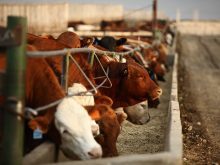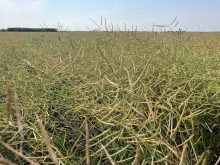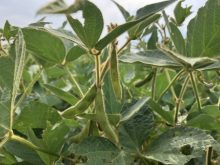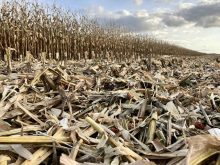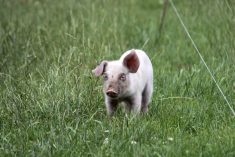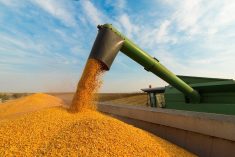U.S. authorities have lifted an order that required sows from one Manitoba assembly yard to be certified free of Seneca Valley virus before crossing the border.
The U.S. Department of Agriculture confirmed Canada in the second-last week of November had now met protocol conditions for Seneca Valley virus and has lifted the health certificate requirement, Manitoba Pork general manager Cam Dahl said.
Earlier this year, the U.S. started requiring a veterinary export certificate for cull sows from one Manitoba assembly yard following a rise in Seneca Valley virus cases at U.S. packing plants.
Read Also
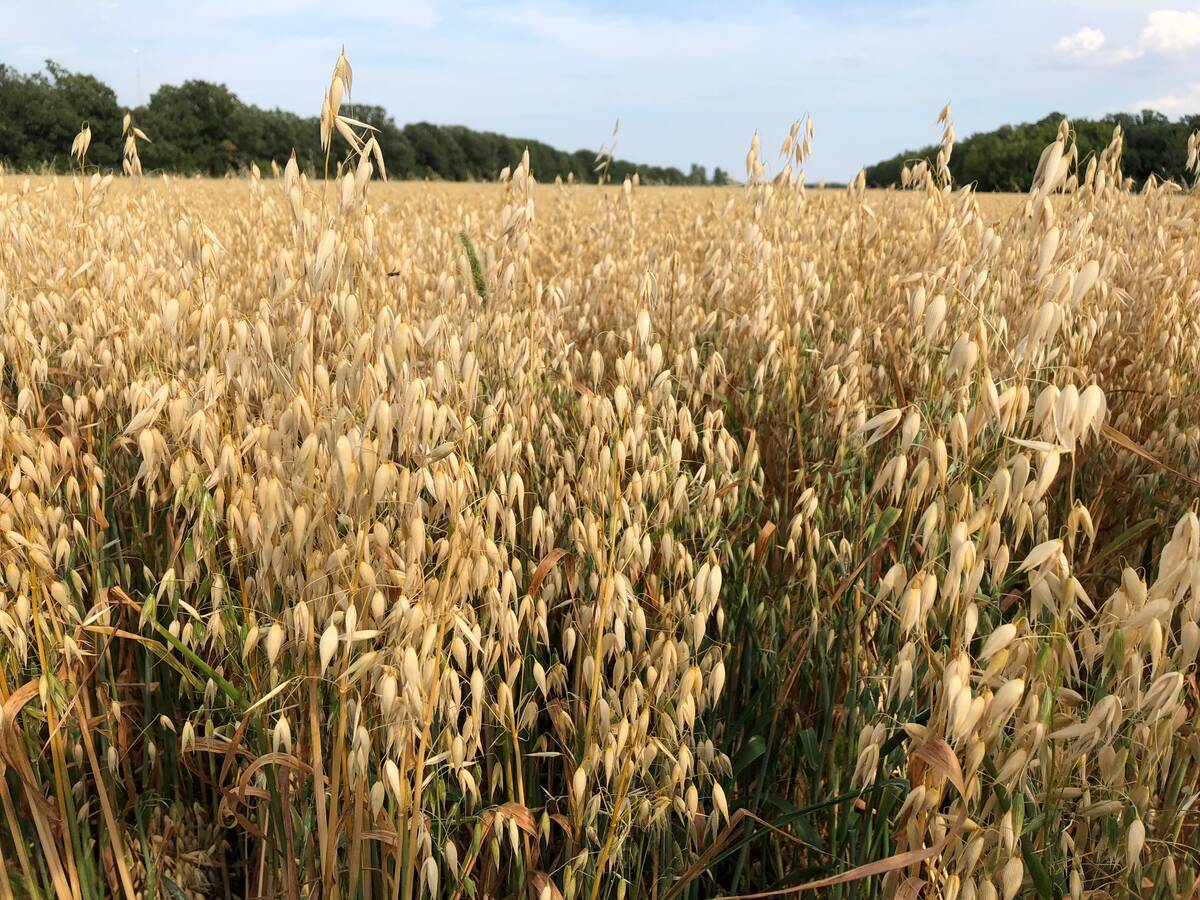
Big oat crop in 2025/26 pointing to less acres next year
Oat acres in Canada are likely to recede this spring with cash prices to remain low, said Scott Shiels, grain procurement manager for Grain Millers Canada in Yorkton, Sask.
Seneca Valley virus does not have serious veterinary implications, but it shares symptoms with much more worrisome illnesses like foot-and-mouth disease. If animals arrive at processing sites with these symptoms, an investigation is triggered to rule out the weightier diseases.
Since September, all sows from one assembly yard in Manitoba had to be inspected and signed off by a veterinarian before they could cross the border — but finding a veterinarian to come out regularly was a challenge due to biosecurity issues.
There was a temporary shipping pause as those logistics were ironed out, Jenelle Hamblin, Manitoba Pork’s director of swine health, said in an interview earlier this month.
While the policy impacted one site, Manitoba Pork became concerned that the certification requirement would be widely applied to assembly yards.
If it had been, Hamblin said, export of cull sows would have ground to a halt due to the resources required to inspect and certify the operations.
Last summer, the U.S. Animal and Plant Health Inspection Service had halted shipments from two Manitoba assembly yards for about a week due to the virus.






